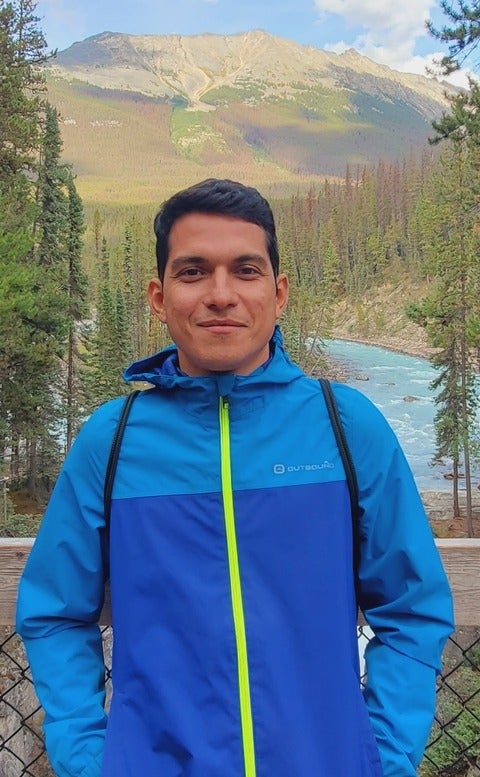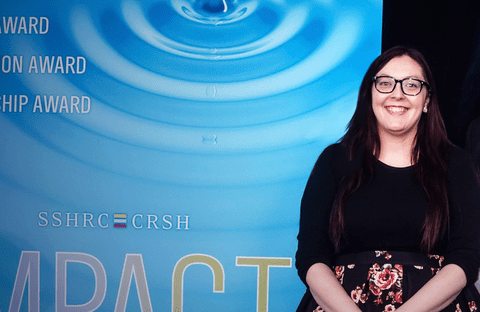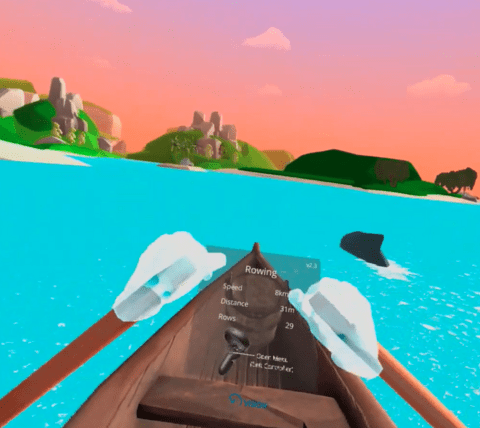Dr. Brianna Wiens on Collaborative Feminist Research
Postdoctoral Fellow Dr. Brianna Wiens took an unconventional path to the GI starting as a PhD student at York University who visited the GI as part of a crew filming a documentary about qCollaborative (qLab)—a feminist design research lab with members from multiple Canadian universities, including UW.






